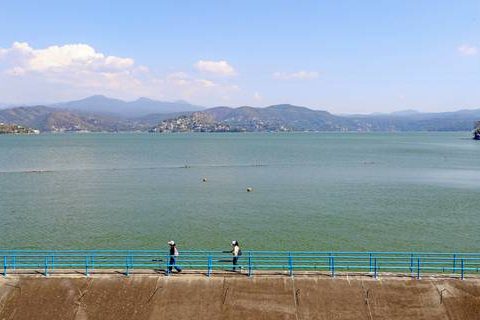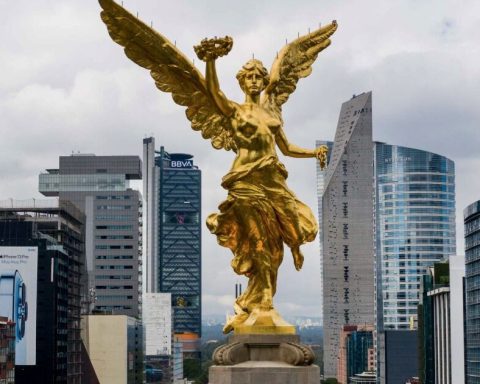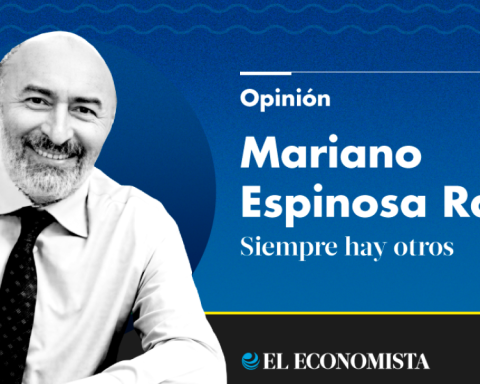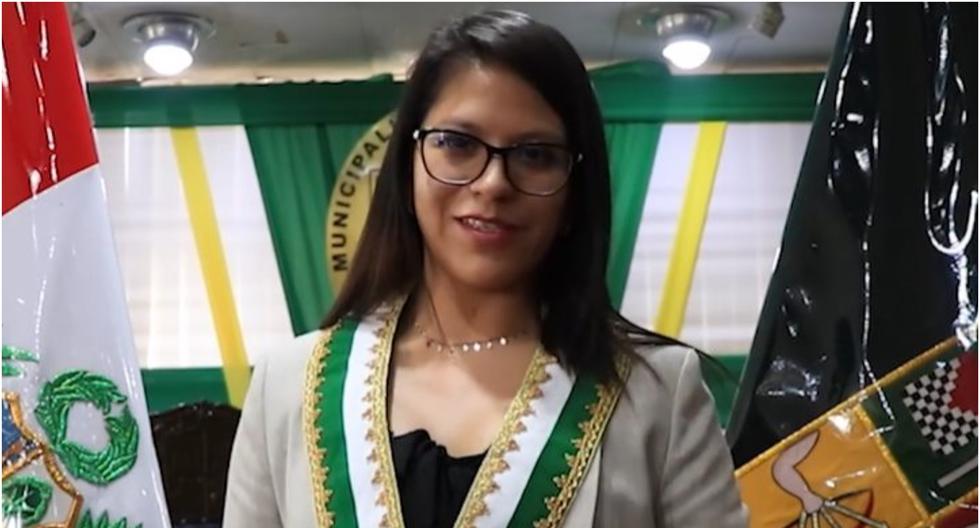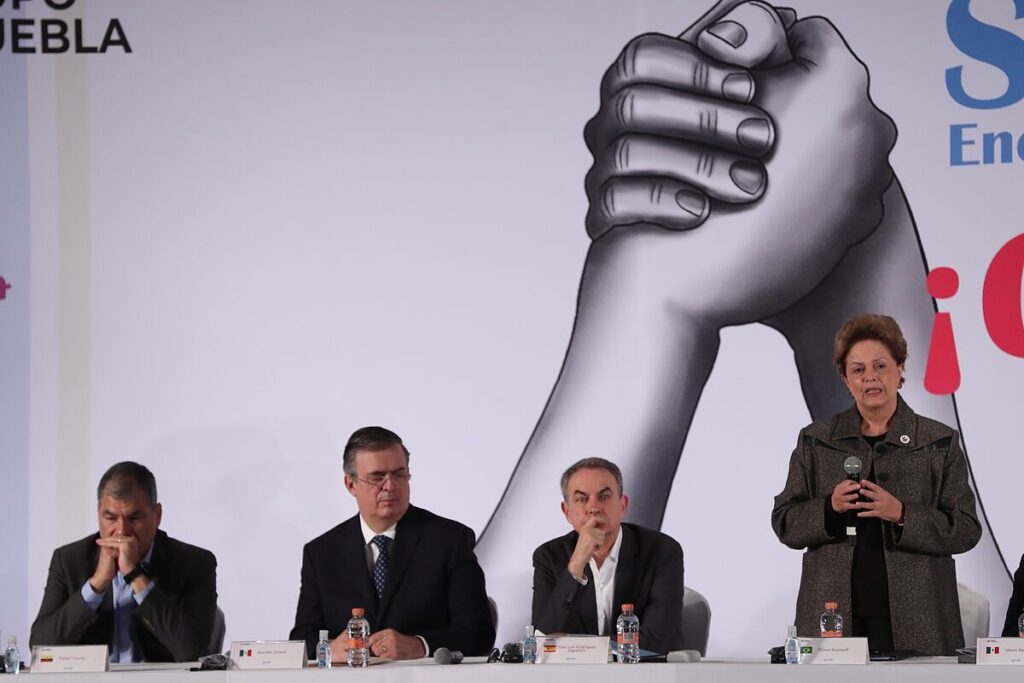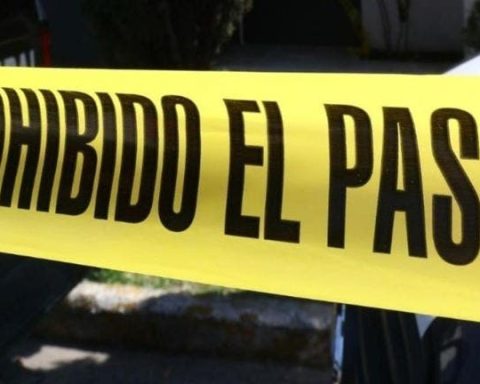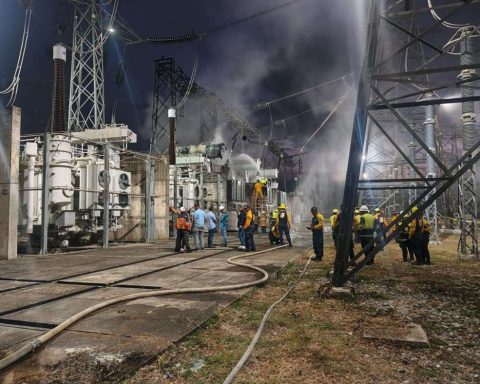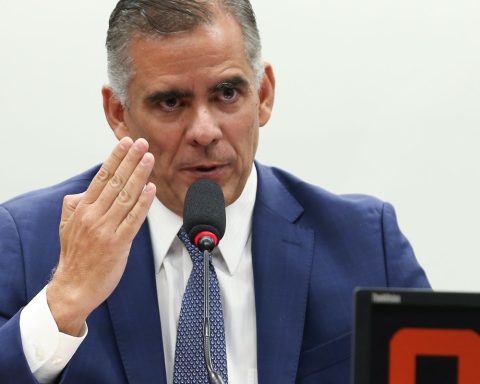In the last year, Mexico presented significant setbacks in its efforts to prevent and punish corruption, which, in addition to being insufficient, have been used for political purposes, warns the “Anticorruption Evaluation of Latin America 2021-2022” of the Council of Lawyers for Civil and Economic Rights of the Cyrus R. Vance Center for International Justice, New York State Bar.
The study places Mexico in 9th place out of 17 countries evaluated, with a general rating of 5.64 points, on a scale of zero to 10. Our country is below Peru (6.06) and above Bolivia (5.50).
It should be noted that this report is based on the legal knowledge and experience of lawyers dedicated to anti-corruption practice in various sectors, including law firms, companies, academia, civil society organizations, human rights defenders, among others.
Regarding Mexico, the analysis of the experts warns that despite the fact that it is the country with the best rating at the regional level in the category of legislation (9.30), it ranks as the sixth worst in terms of authorities and number 10 when talking about the implementation of anti-corruption laws.
For this reason, the report maintains that “Mexico is one of the examples at the regional level of how good legislation is not enough, if there are no independent institutions with the capacity to implement that legal framework.”
Political use of the topic
The report highlights that the weakening of the capacities of some authorities and the political use of the anti-corruption agenda is worrying, since the necessary support is not provided to the National Anti-Corruption System and other entities, on the contrary, they are attacked from the Executive branch. In addition, there is much interest in pursuing corruption cases from past administrations, but not current cases, including the recent case of possible corruption to benefit one of the president’s sons.
While the anti-corruption authorities do not have the necessary independence to prevent, investigate and punish corruption effectively, as is the case of the Ministry of Public Administration.
The study concludes that Mexico’s main challenge is the applicability of the legal framework due to “insufficient political will for its execution.”
In addition to the fact that the legal community is concerned about the attacks by the highest levels of government on civil society organizations and the media that denounce cases of corruption by the current administration, this by pointing out that in countries like Mexico there are barriers, formal or informal, for the participation of civil society, as well as limits or repressive actions as a disincentive mechanism to investigate, discover or report acts of corruption.

